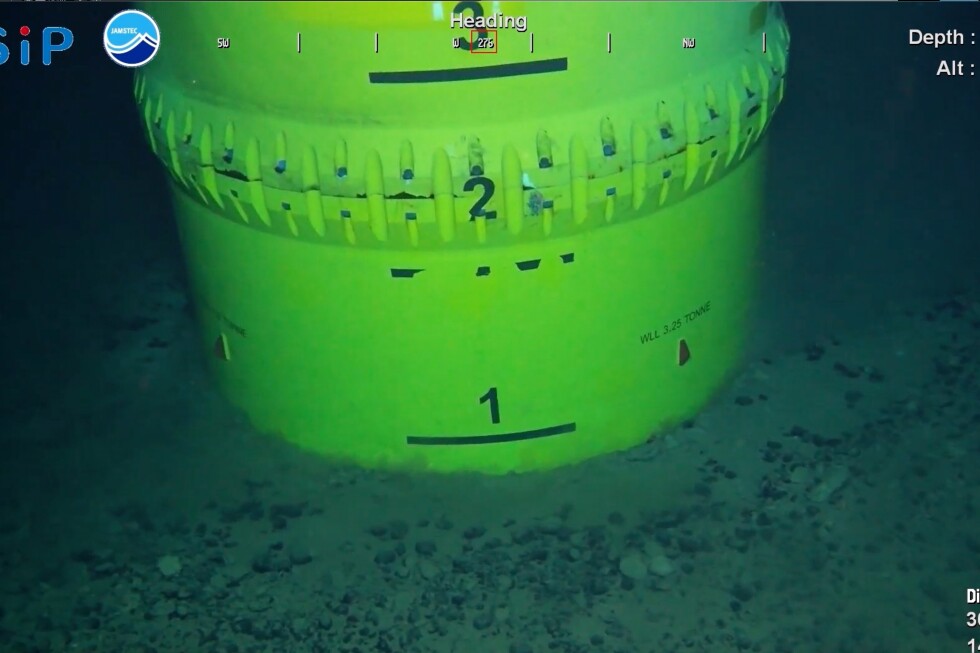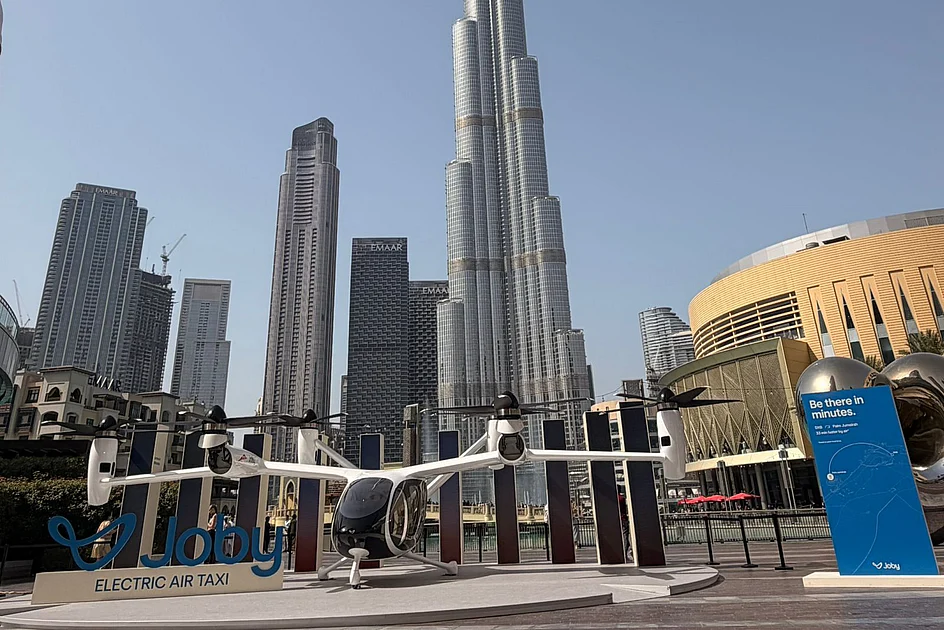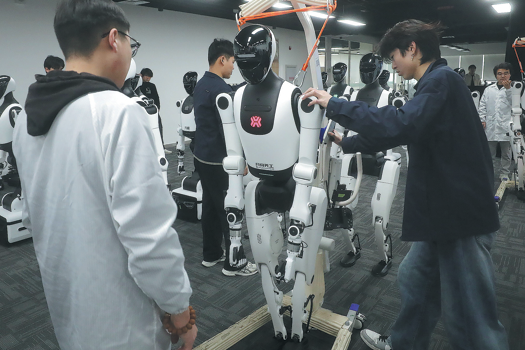A sweeping movement toward digital autonomy is transforming government operations across Europe as nations systematically replace American technology services with homegrown and open-source alternatives. This strategic shift, driven by mounting concerns over data security, foreign dependence, and geopolitical tensions, represents a fundamental rethinking of Europe’s technological infrastructure.
France has initiated one of the most ambitious transitions, announcing that all 2.5 million civil servants will abandon U.S.-based video conferencing platforms—including Zoom, Microsoft Teams, Webex, and GoTo Meeting—by 2027. They will instead adopt Visio, a sovereign French solution designed to ensure confidential communications remain within European jurisdiction. David Amiel, a French civil service minister, emphasized the critical nature of this decision: “We cannot risk having our scientific exchanges, our sensitive data, and our strategic innovations exposed to non-European actors.”
The momentum extends beyond France. Austria’s military has transitioned to LibreOffice for document processing, while the German state of Schleswig-Holstein has migrated 44,000 employee email accounts from Microsoft to open-source alternatives. Similar initiatives are underway in Denmark, where government entities are experimenting with open-source software, and in Italy, where municipalities have adopted non-proprietary systems to avoid vendor lock-in.
This collective push for “digital sovereignty” has gained urgency amid escalating transatlantic tensions during the Trump administration, including disputes over Greenland and sanctions against the International Criminal Court that resulted in Microsoft disconnecting the ICC’s email services. These incidents exposed the vulnerability of European institutions to external political pressures and demonstrated how technology access could be weaponized.
Henna Virkkunen, the European Commission’s official for tech sovereignty, articulated the strategic concern at the World Economic Forum in Davos: “Europe’s reliance on others can be weaponized against us. That’s why it’s so important that we are not dependent on one country or one company when it comes to very critical fields of our economy or society.”
U.S. technology firms have responded to these concerns by establishing “sovereign cloud” operations within European borders, with data centers owned by European entities and operated exclusively by EU residents. Microsoft maintains that it continues to “partner closely with the government in France and respect the importance of security, privacy, and digital trust for public institutions,” emphasizing its commitment to keeping European data under European jurisdiction.
Industry analysts note that the motivation has evolved from pure cost-saving to fundamental strategic concerns. Italo Vignoli of The Document Foundation observed: “At first, it was: we will save money and by the way, we will get freedom. Today it is: we will be free and by the way, we will also save some money.” This paradigm shift reflects Europe’s determination to assert control over its digital future amid increasing global technological competition.









